Successful experiences for overweight children in sport (SOS)
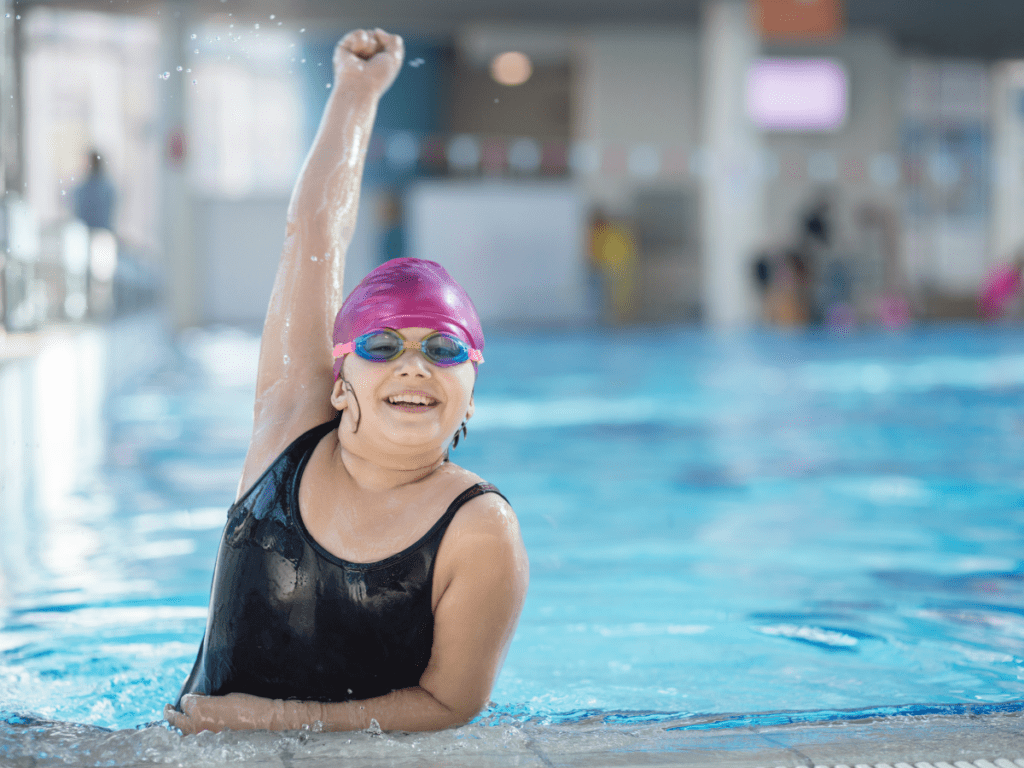
Project Summary Located in the Almaguin Highlands Region in the District of Parry Sound, Powassan is a rural municipality of approximately 3,400 residents. For this research, we engaged in a participatory action research (PAR) project with the Municipality of Powassan Recreation Committee. The focus of the research was about improving access to sport and recreation…
Rwandan girls’ perspectives on their lived experiences of physical education and sport: Challenges and solutions to sport participation
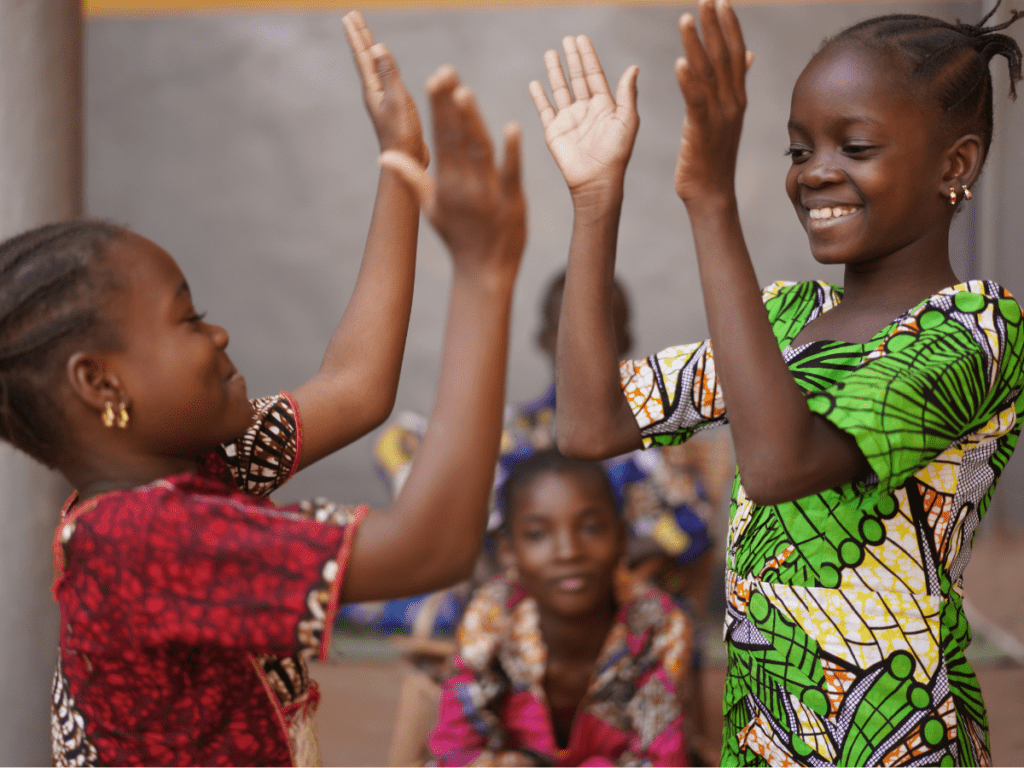
Project Summary The objectives of this research were to: Though this research took place in Rwanda, the tools developed to gather girls’ perspectives and feedback and to integrate them into decision-making processes are relevant and can easily be adapted to a Canadian context in order to contribute to a better understanding of physical education and…
Parental support of sport participation for youth with a mobility impairment
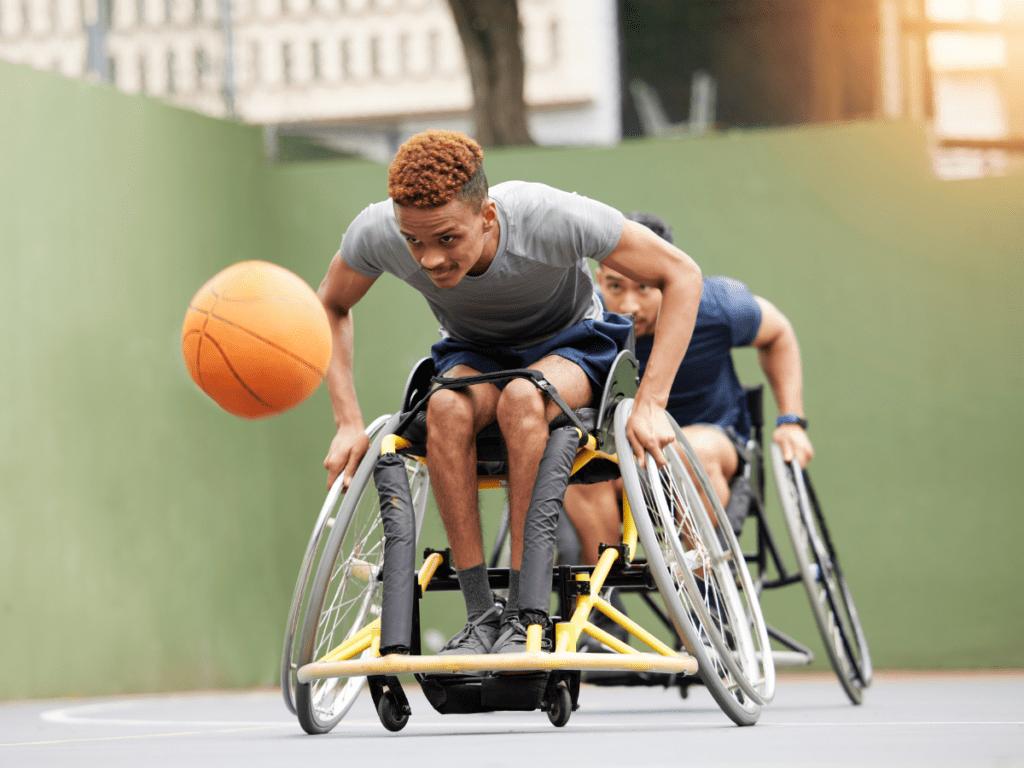
View the summary of this research here. Project summary Parents have an important influence on their children’s sport participation. The objective of this research was to examine parental support for youth with a mobility impairment’s (MI’s; limitations to musculoskeletal or neurological systems which impact movement) sport participation. This objective was accomplished through two studies. Study…
Using technology to design and deliver positive youth sport programs
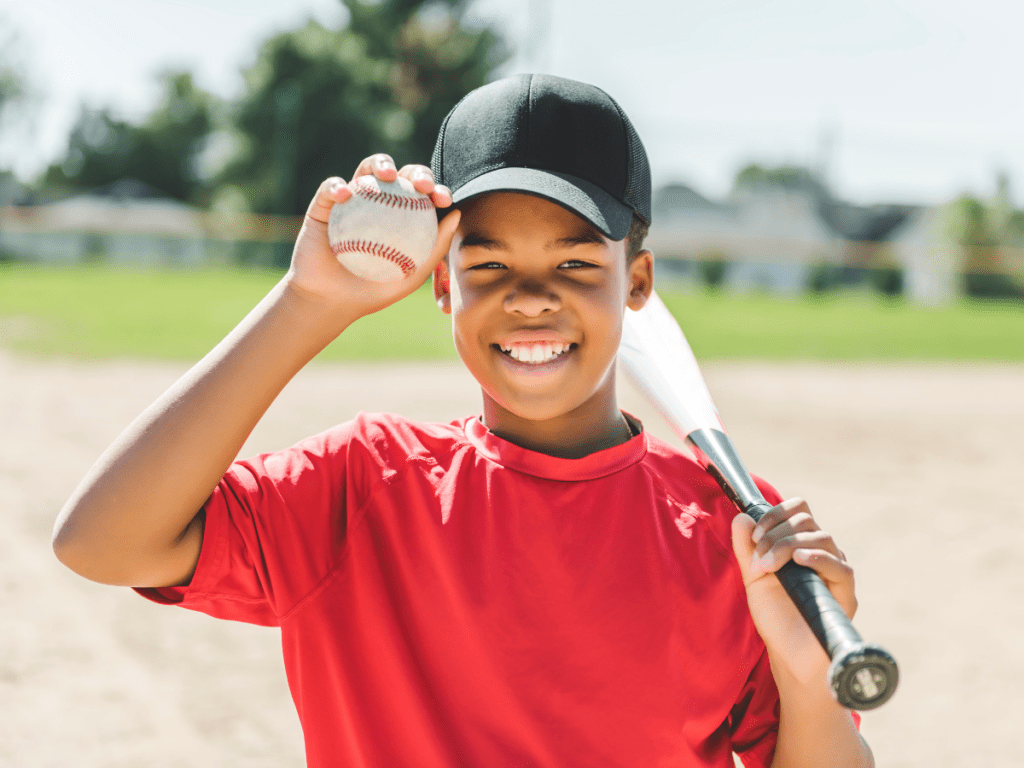
Project Summary The purpose of the study was to gain insight into how positive youth development (PYD) through sport and physical activity is understood for Indigenous youth in western, central, and eastern urban communities in Canada. The following research questions were addressed: 1) What meaning do the outcomes related to PYD in sport and physical…
Building capacity for sport participation through events

Project Summary The demonstration effect is the assumption that sport events stimulate sport participation. This phenomenon is widely debated (e.g., Weed et al, 2015) given there is little evidence that sport events create new participation in sport. Local sport organizations (LSOs) can play a pivotal role in taking advantage of sport events to create new participation opportunities. In order to do so, LSOs must be willing and able to create that opportunity for enhanced…
Comparison of the determining factors in adopting the Long-Term Athlete Development (LTAD) model for Canadian athletes among coaches from various sport disciplines
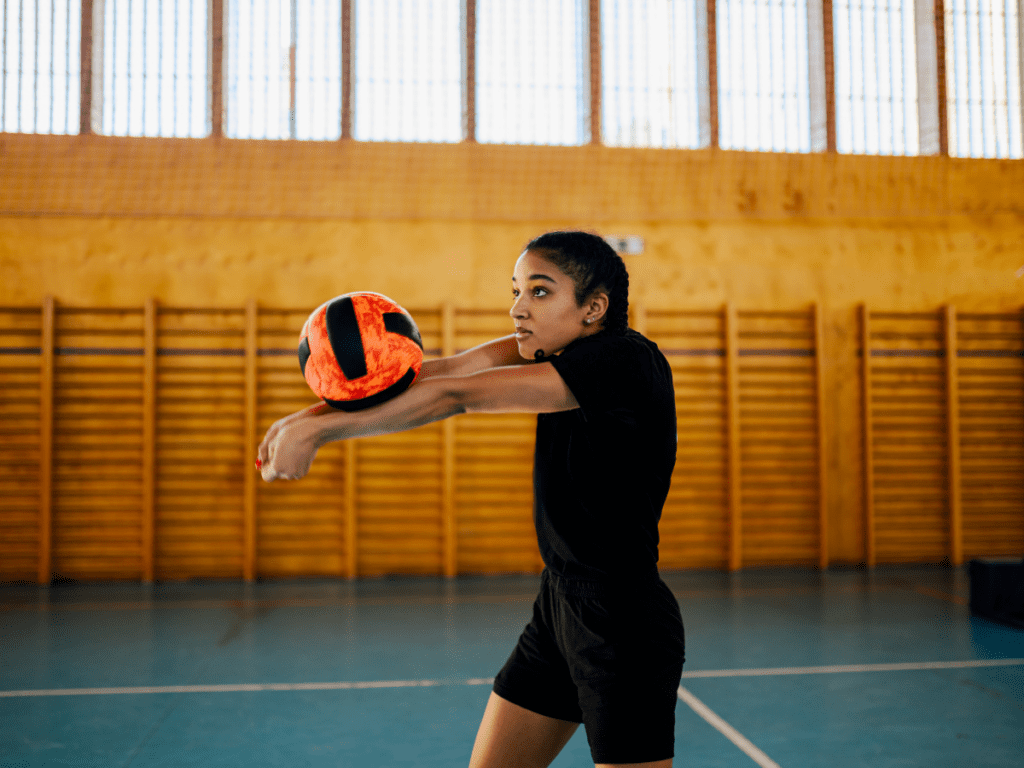
Summary of the project The purpose of this investigation is to determine the process for the adoption and implementation of the LongTerm Athlete Development (LTAD) model by coaches of various sports: soccer (n=116), ice hockey (n=43), figure skating (n=49), gymnastics (n=50) and cross-country skiing (n=36). A large majority of coaches from all the disciplines believe…
The relationship between team cohesion and youth sport participation
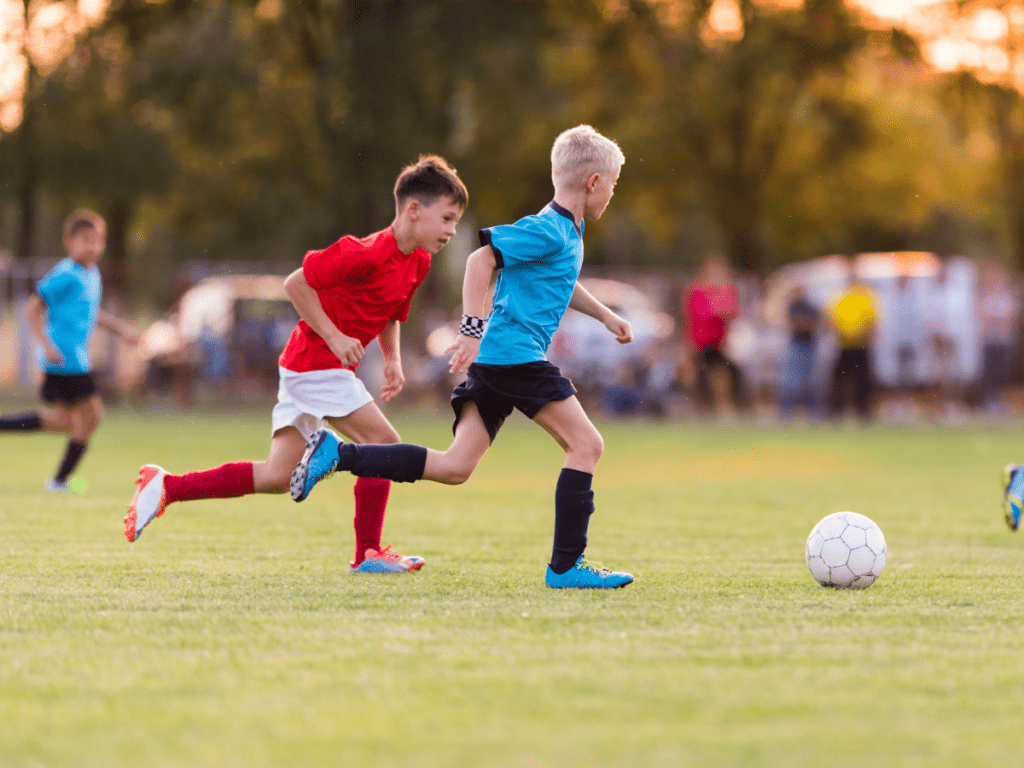
Project Summary The first objective was to examine the relationship between task and social cohesion, and three participation-related outcomes (self-reported effort, practice attendance, and intention to return to the team the following season). Results indicated that cohesiveness around the team’s task was positively related to effort and intention to the return, but not to practice…
The relationship between sport, physical activity, and social engagement: A profile of Canadian seniors
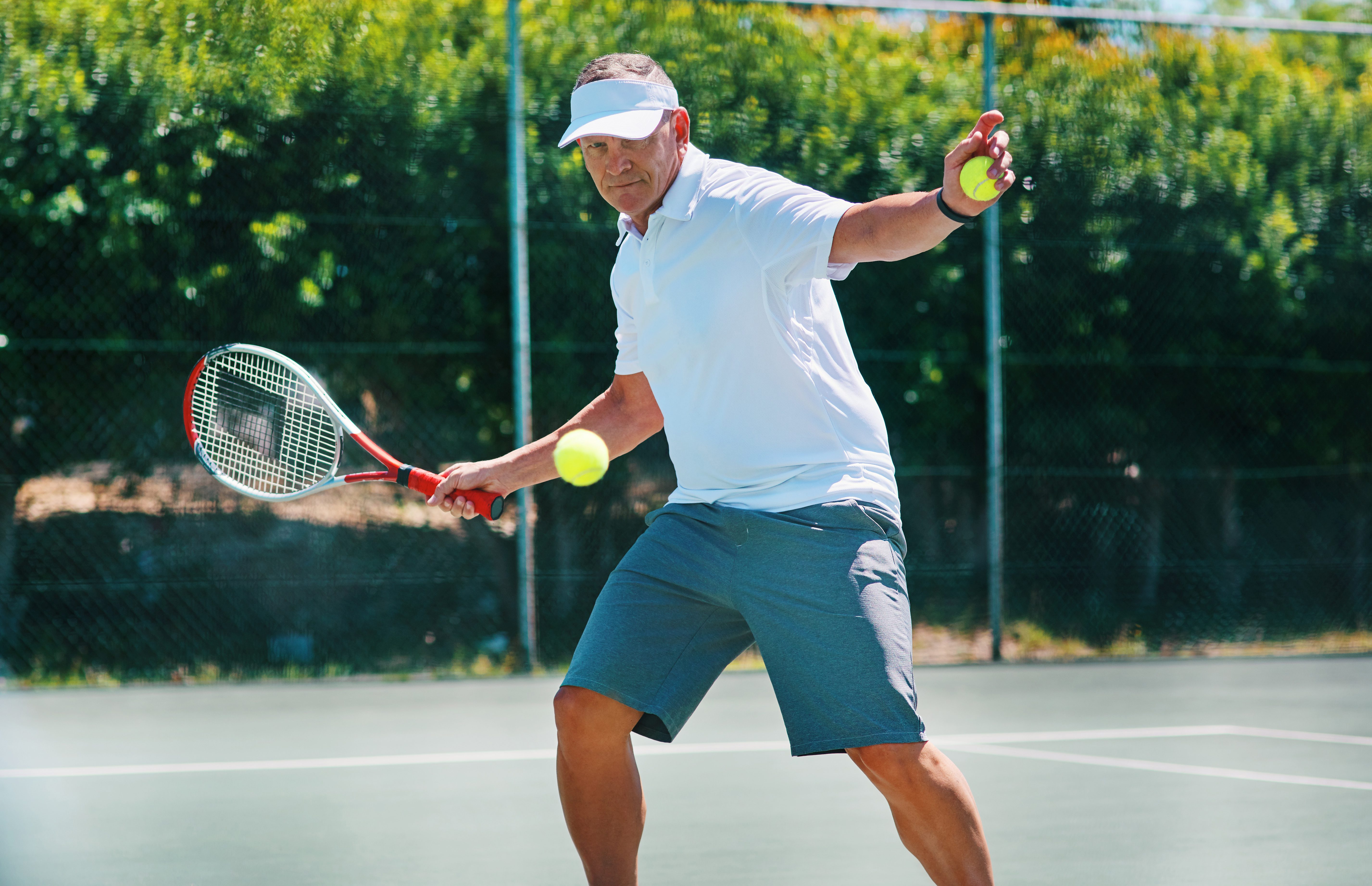
Project Summary Models of successful aging (SA) encourage a continued engagement with life, which research literature refers to as a diverse set of activities including productive (e.g., housework), social (e.g., visiting friends), passive (e.g., reading), and active leisure (e.g., playing a sport) pursuits. It is widely accepted that engaging in life promotes a more meaningful…
Understanding the influence of peer groups in sport on adolescent social development

Project Summary The primary objective of this research was to examine how the identities that youth form through membership on sport teams – their social identities – influence their social development. Specifically, the research examined the relationships between social identity and prosocial (e.g., helping an injured opponent) and antisocial behaviors (e.g., deliberately hurting an opponent)…
Exploring the process of lifelong learning: The biographies of five Canadian women coaches
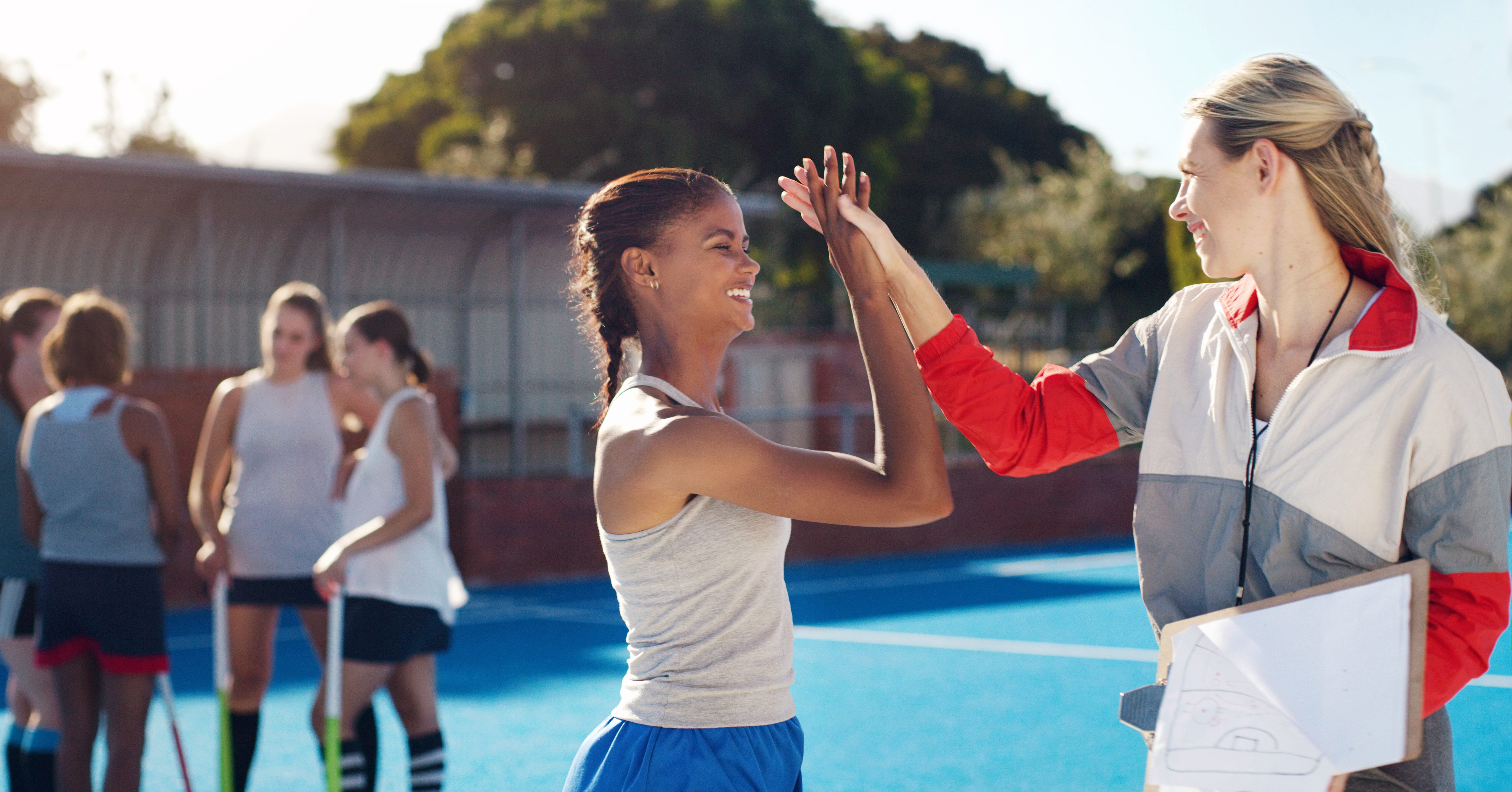
Project Summary The purpose of this dissertation was to explore the biographies of five Canadian women coaches using Jarvis’s theory of human learning to understand how the multitude of experiences throughout their lives have contributed to their learning and coaching development. Coaches learn from a number of different situations and their past experiences influence what…